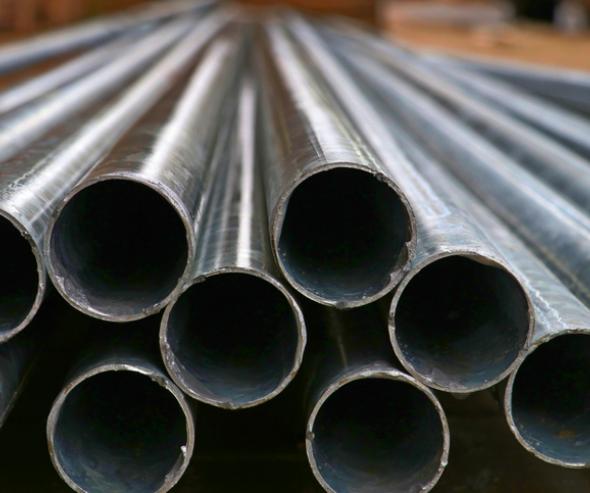The Autorité de la concurrence clears the takeover of the Ascoval company by the British Steel group

After the decision of the Strasbourg General court of first instance of 2 May 2019, which validated the takeover of the steel plant Ascoval by the British Steel group, the Autorité de la concurrence issues today a clearance, in accordance with the merger control, which confirms this takeover.
On 16 April 2019, the steel group British Steel, through the investment company Olympus Steel, notified its plan to take control of the Ascoval company in the context of the opening of a judicial reorganisation proceedings at the Strasbourg General court of first instance. On 19 April 2019, the Autorité granted a derogation allowing the effective completion of the transaction without waiting for the final decision, which was issued this day, so that the buyer can file a firm and valid offer before the court.
Parties to the transaction
Ascoval is a steel plant located in Saint-Saulve (Northern France) and specializes in the production and supply of semi-finished steel products. These products constitute an intermediate step before the manufacture of finished steel products, used in particular in the construction and transport sectors.
British Steel is an active steel manufacturer in Europe, including the United Kingdom, France and the Netherlands. It is an integrated player in the steel production market insofar as it is active in the production of both semi-finished steel products upstream (blooms, billets and slabs) and finished steel products downstream (in particular long products, which supply the rail and construction markets, such as rails). In France, it operates notably a plant dedicated to the production and sale of rails, located in Hayange (Moselle).
The Autorité has not identified any competition concerns that may arise following the transaction
After proceeding to an accelerated analysis of the transaction, the Autorité concluded that it is not likely to harm competition. Indeed, there is limited overlap between the parties as the British Steel group is only marginally present on the markets for the production and supply of semi-finished steel products in which Ascoval is active.
In addition, the Autorité also considered that the transaction did not produce vertical effects1 as the British Steel Group's market shares remained limited in the downstream markets for the production and manufacture of finished steel products.
Ascoval's financial difficulties led the Autorité to grant a derogation from the suspensive effect and to take a decision rapidly
The transaction was notified in a particular context, as the first Ascoval disposal plan adopted by the court in December 2018 could not finally be implemented. Ascoval's financial difficulties led the Autorité to analyze this transaction and to issue its decision in particularly fast deadlines (notified on 16 April).
What is a derogation from the suspensive effect?
If the effective conclusion of a merger is subject to approval from the Autorité de la concurrence, in certain exceptional circumstances, duly argued by the parties, the Autorité may issue a derogation enabling them to finalise part or all of the transaction without waiting for the approval decision.
Although derogations from the suspensive effect are by definition exceptional, takeover offers on companies in liquidation or receivership are frequently benefiting from them. A derogation may also be justified in other exceptional circumstances, such as a risk of imminent dissolution of the acquisition target, the initiation of collective proceedings or the need for an acquiring party to provide guarantees or obtain financing to keep the target afloat.
However, the issue of a derogation by the Autorité is without prejudice to the final decision made in the light of its full assessment. The Autorité may impose corrective measures, or even prohibit the transaction if it would adversely affect competition.
[1] Vertical effects are studied when the transaction brings together players at different levels of the value chain (for example a producer who buys a distributor or vice versa): does the operation make it more difficult to access markets where the new entity is active for competitors? Can the operation allow the entity to oust competitors or penalize them by increasing their costs?
Contact(s)
